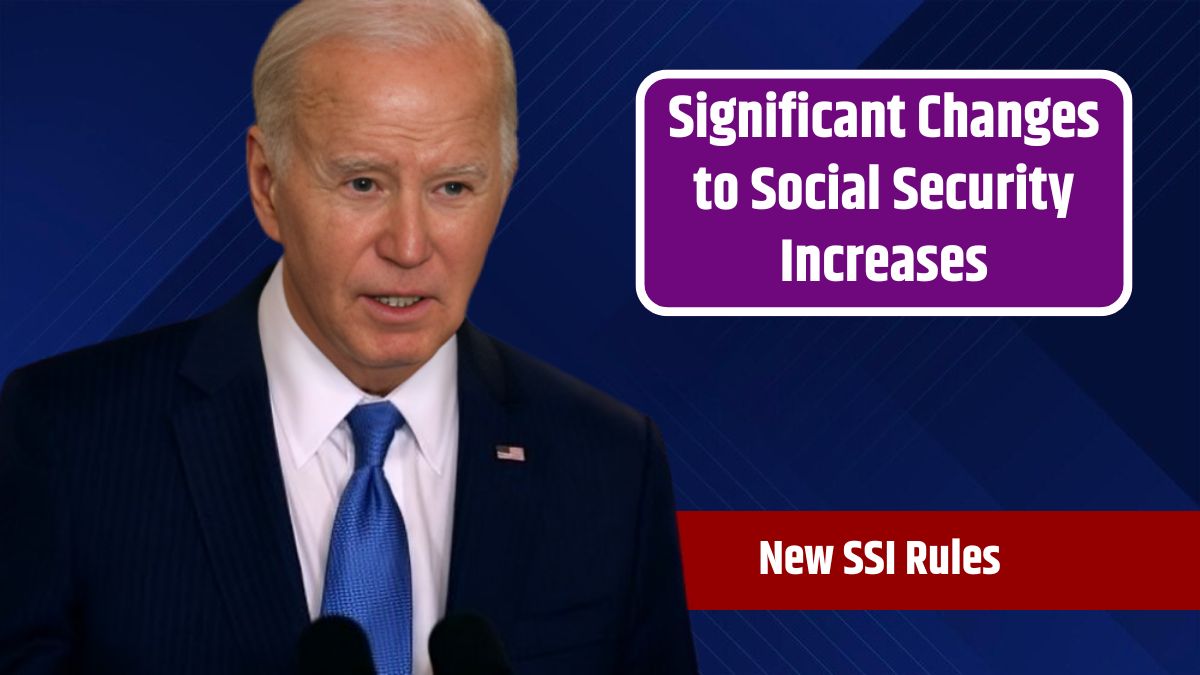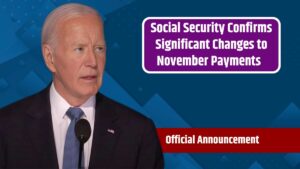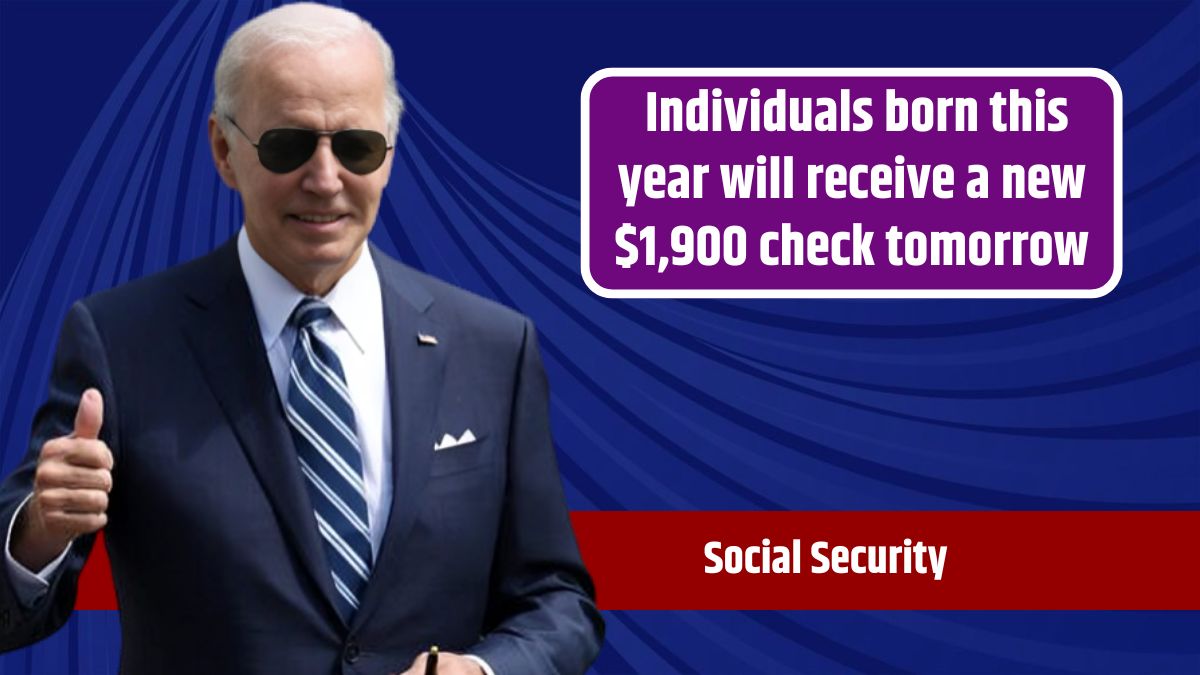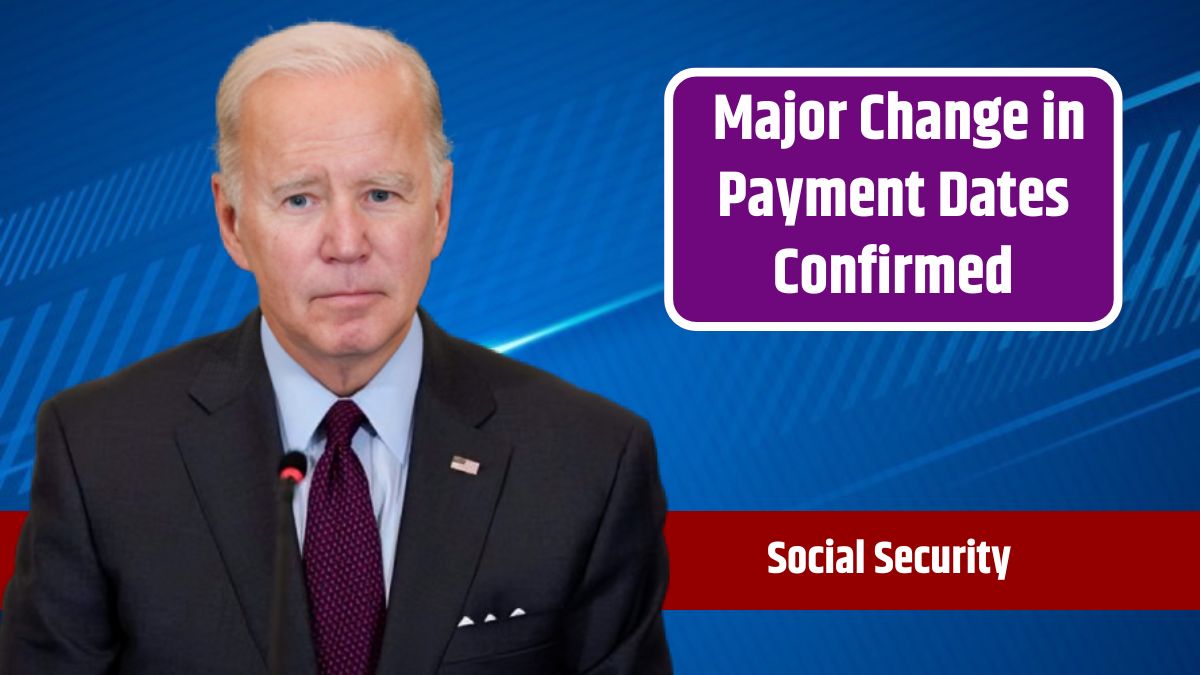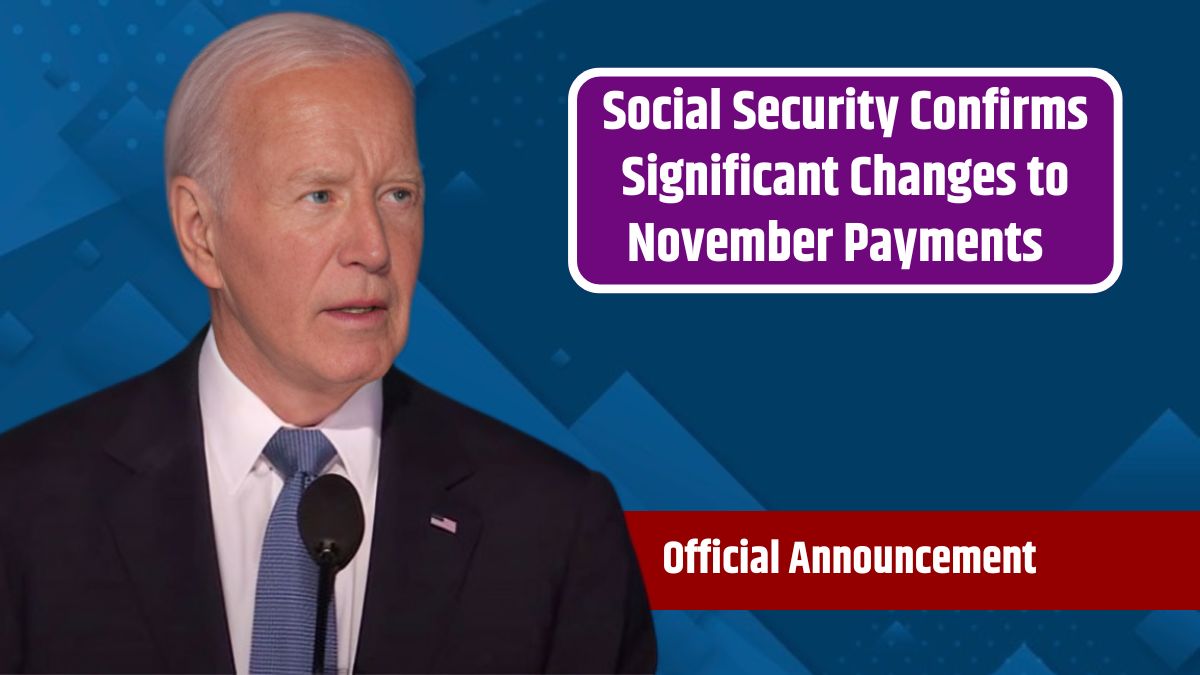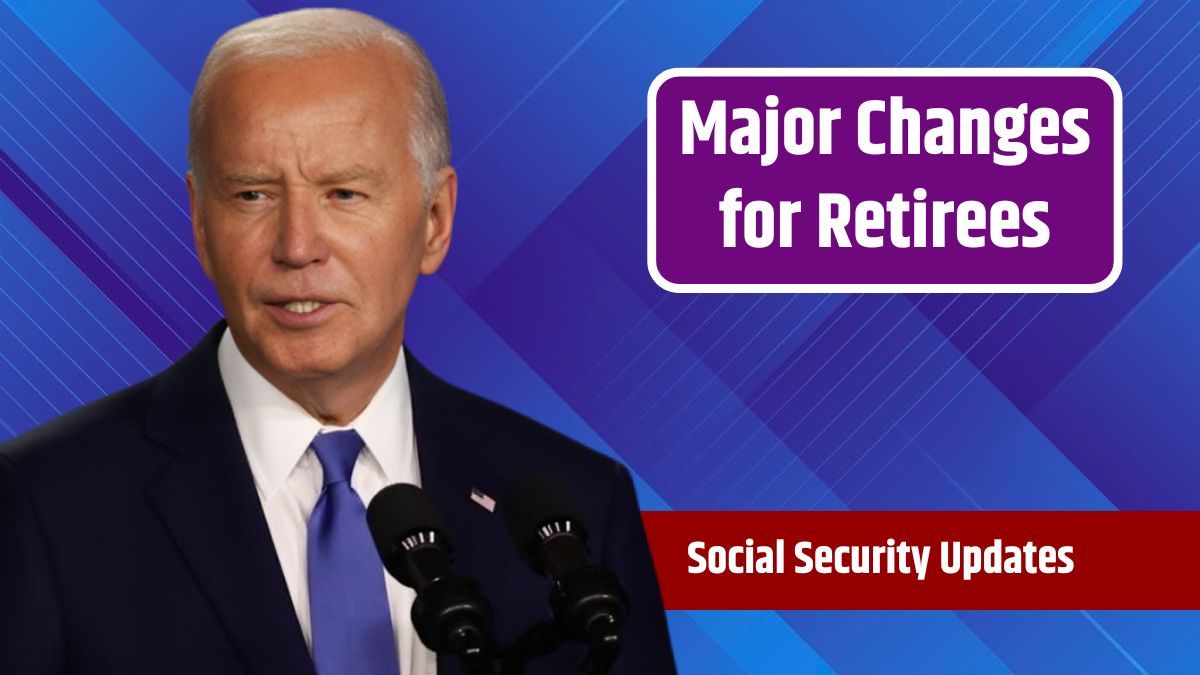This September, the Social Security Administration (SSA) will introduce key changes to the Supplemental Security Income (SSI) program, which will impact approximately 7 million beneficiaries. Unlike retirement benefits, SSI is designed to support low-income individuals over the age of 65, people with disabilities, and children from economically disadvantaged households. The upcoming changes will expand access, simplify eligibility rules, and increase benefit amounts for many recipients.
Eligibility Rules
One of the most significant changes to the SSI program is the redefinition of what qualifies as a public assistance household. Previously, all members of a household had to be receiving some form of public assistance for the household to qualify for SSI benefits.
Starting in September 2024, only one member of the household needs to be an SSI recipient, and at least one other household member must receive some form of means-tested public assistance. This broader definition will now include assistance programs such as the Supplemental Nutrition Assistance Program (SNAP), allowing more households to qualify for SSI benefits.
This adjustment simplifies the application process, making it easier for individuals and families to access much-needed support. It also ensures that families, especially those with multiple members who may not all receive public assistance, are no longer unfairly excluded from SSI benefits.
Food Assistance
Another major change to the SSI program is how food assistance is treated. Under previous rules, food assistance was considered In-Kind Support and Maintenance (ISM), which counted as unearned income. This classification often reduced the amount of SSI benefits a recipient could receive, as food assistance was seen as additional income.
With the new rules, the SSA will no longer count food assistance when determining eligibility or benefit amounts for SSI. As a result, beneficiaries who previously saw a reduction in their payments due to receiving food assistance, such as SNAP, could see an increase in their monthly SSI benefits.
This change is a response to concerns that the old policy discouraged families from supporting each other with food assistance, as it could negatively impact SSI eligibility and payments. By removing food assistance from the calculation, the SSA aims to provide beneficiaries with more financial support.
Rental Subsidy Policy
The third significant update to the SSI program involves the rental subsidy policy. Previously, receiving help with rent—such as renting at a reduced rate—could affect SSI eligibility and payments. This policy, however, was only applied in certain states, including Connecticut, Illinois, Indiana, New York, Texas, Vermont, and Wisconsin.
Starting in September, the rental subsidy policy will be expanded nationally, meaning the same criteria will apply in all states. This change could increase the number of people eligible for SSI benefits and boost payments for those who were previously penalized for receiving rental assistance. The aim is to ensure fairness across the country, so SSI recipients in all states are treated equally regarding rental subsidies.
Impact
For current SSI beneficiaries, these changes could lead to an increase in monthly payments or expanded eligibility for those who were previously ineligible. Individuals who may now qualify under the new rules—such as those receiving food assistance or renting at a reduced rate—are encouraged to review their situation and apply for SSI benefits if they meet the updated eligibility criteria.
Here’s a summary of the major changes:
| Policy Change | Previous Rule | New Rule (September 2024) |
|---|---|---|
| Public Assistance Household | All household members must receive public assistance. | Only one member needs SSI, and others can receive SNAP. |
| Food Assistance as Income | Food assistance was considered unearned income (ISM). | Food assistance will no longer count toward eligibility. |
| Rental Subsidy Impact | Only applied in certain states; reduced SSI benefits. | Nationally expanded; may increase SSI eligibility/benefits. |
Upcoming Changes
As these changes take effect in September 2024, it is important for current and potential SSI beneficiaries to review their eligibility status. If you think you may now qualify for SSI under the new rules, or if you are an existing beneficiary, consider contacting the Social Security Administration for more information or to update your records. Changes in household composition, income, or other factors could affect your SSI payments.
This initiative aims to improve access to financial support for the most vulnerable, ensuring they receive the assistance they need without unnecessary barriers. As SSI plays a critical role in supporting low-income individuals and families, these updates reflect a broader effort to ensure fairness, expand access, and reduce inequality.
FAQs
What is the new eligibility rule for SSI households?
Now, only one household member needs to be an SSI recipient, and another member must receive public assistance such as SNAP.
Will food assistance still count as income for SSI eligibility?
No, starting September 2024, food assistance will no longer be considered in SSI benefit calculations.
How does the rental subsidy policy change affect SSI?
The policy is now applied nationwide, potentially increasing SSI benefits for those receiving rental assistance.
When do these changes take effect?
The changes will be implemented in September 2024.
How can I apply for SSI under the new rules?
Contact the Social Security Administration or visit your local SSA office to apply or update your information based on the new eligibility guidelines.
